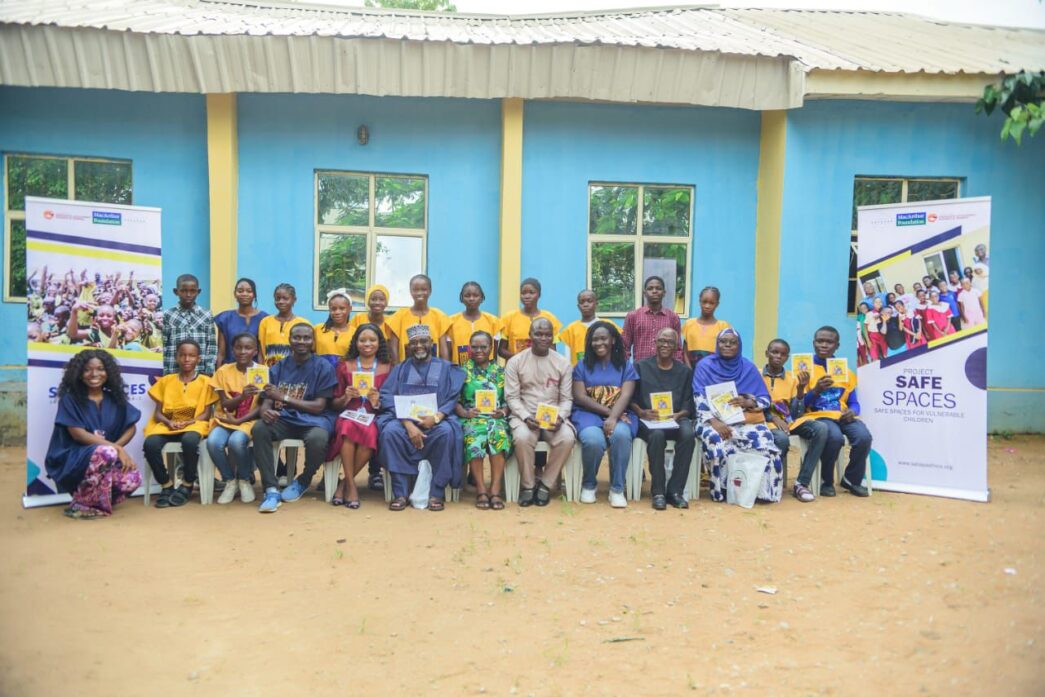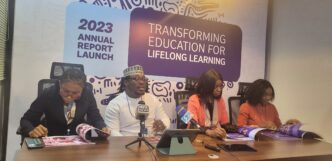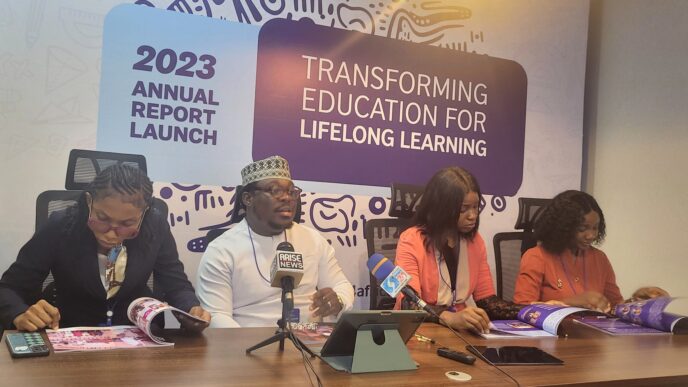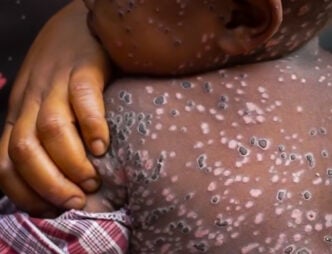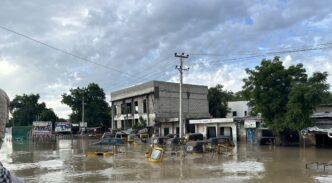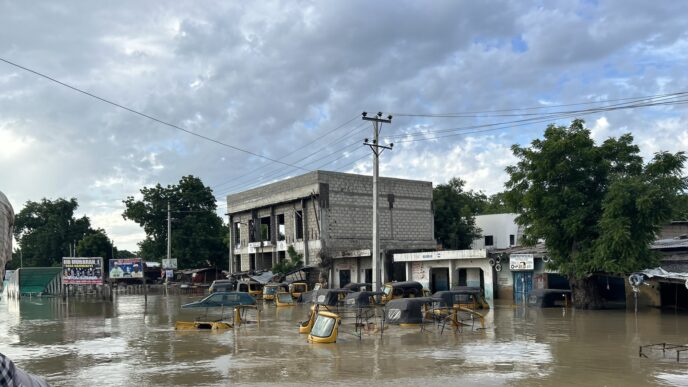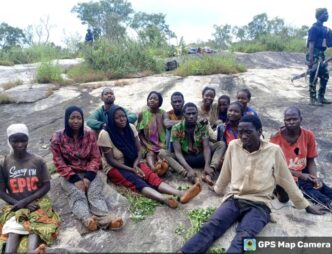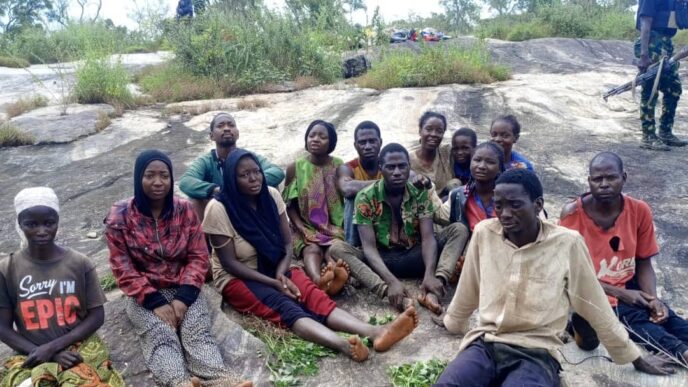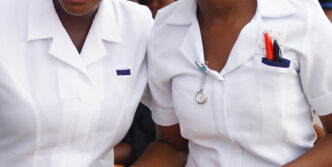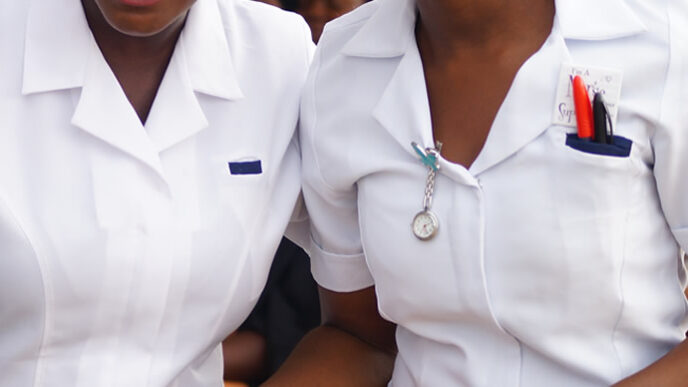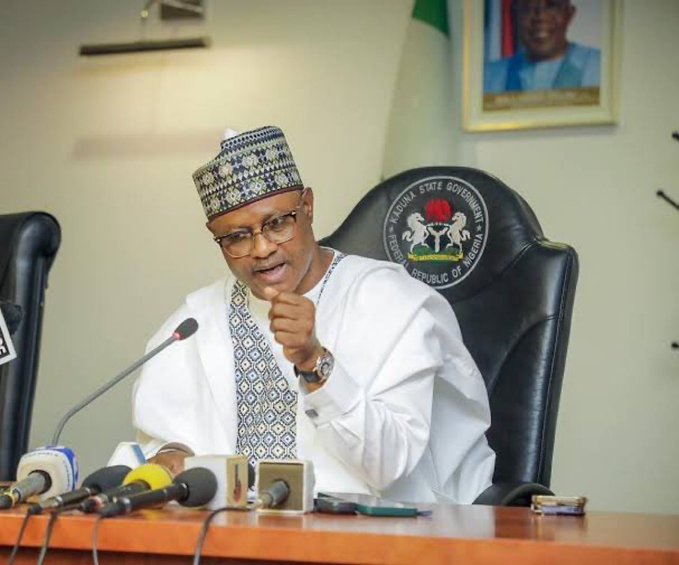Sataaya Africa Foundation says it has worked with 170 vulnerable children in Abuja, Nigeria’s capital city, and Kaduna to improve their literacy skills.
Faithful Folorunsho, the country representative of Satayaa, said about 60 percent of the children are girls.
Folorunsho spoke on Wednesday during the closeout of the foundation’s ‘Project safe spaces’— a programme that focuses on teaching children civic education, child rights, identity and purpose, literature, and the power of storytelling for change.
“In our years of working with children in underprivileged communities, we have seen firsthand the challenges that they face, from child marriage to electoral thuggery,” Folorunsho said.
Advertisement
“We have heard the fears they have about their future and their desire to live in a better world.
“It is a sad reality that six out of 10 Nigerian children face different forms of abuse and violence before the age of 18.
“With an overwhelming awareness of the challenges that children face, especially in these communities, Satayaa Africa Foundation decided to step into the situation through project safe spaces; we rolled up our sleeves to get into the process of impacting the lives of these children.
Advertisement
“The ultimate goal of this project has been to include children between the ages of 7 and 17 in the need to shift power to the people and empower them to demand accountability from duty bearers like the government, community leaders, and so on.”
Folorunsho said the children have grown to articulate their thoughts and express their desires on how they would like to see their communities change.
The country lead also said Sataaya worked with the children to produce literary works and genres.
Mustapha Gwadabe, the programme coordinator at CEDDERT, emphasised the need for democracy to produce leaders who will prioritise the desires and well-being of the people.
Advertisement
Gwadabe said there is a need for children to continue to be educated on governance and democracy to prepare them for a time when they will lead.
Add a comment

